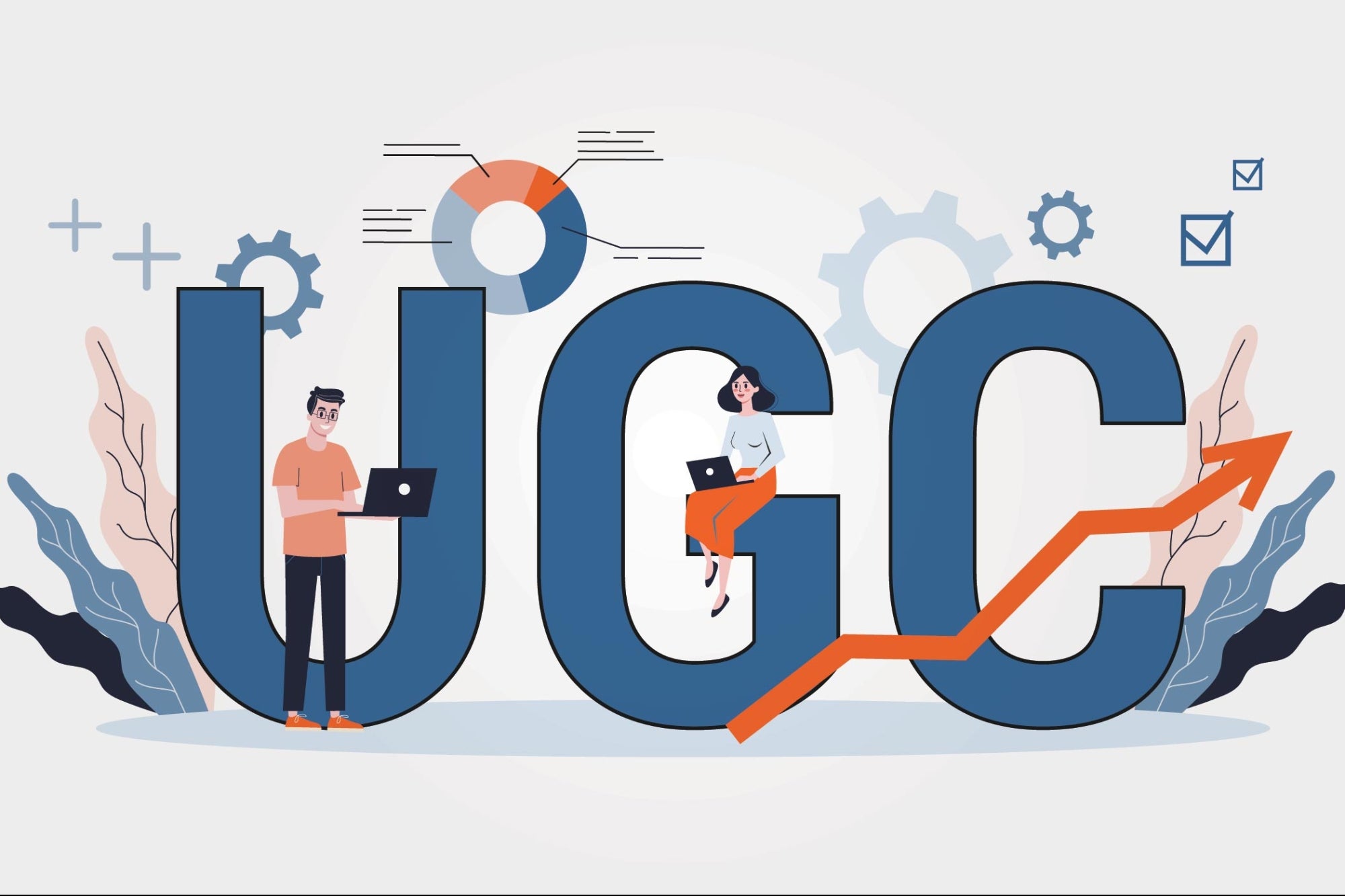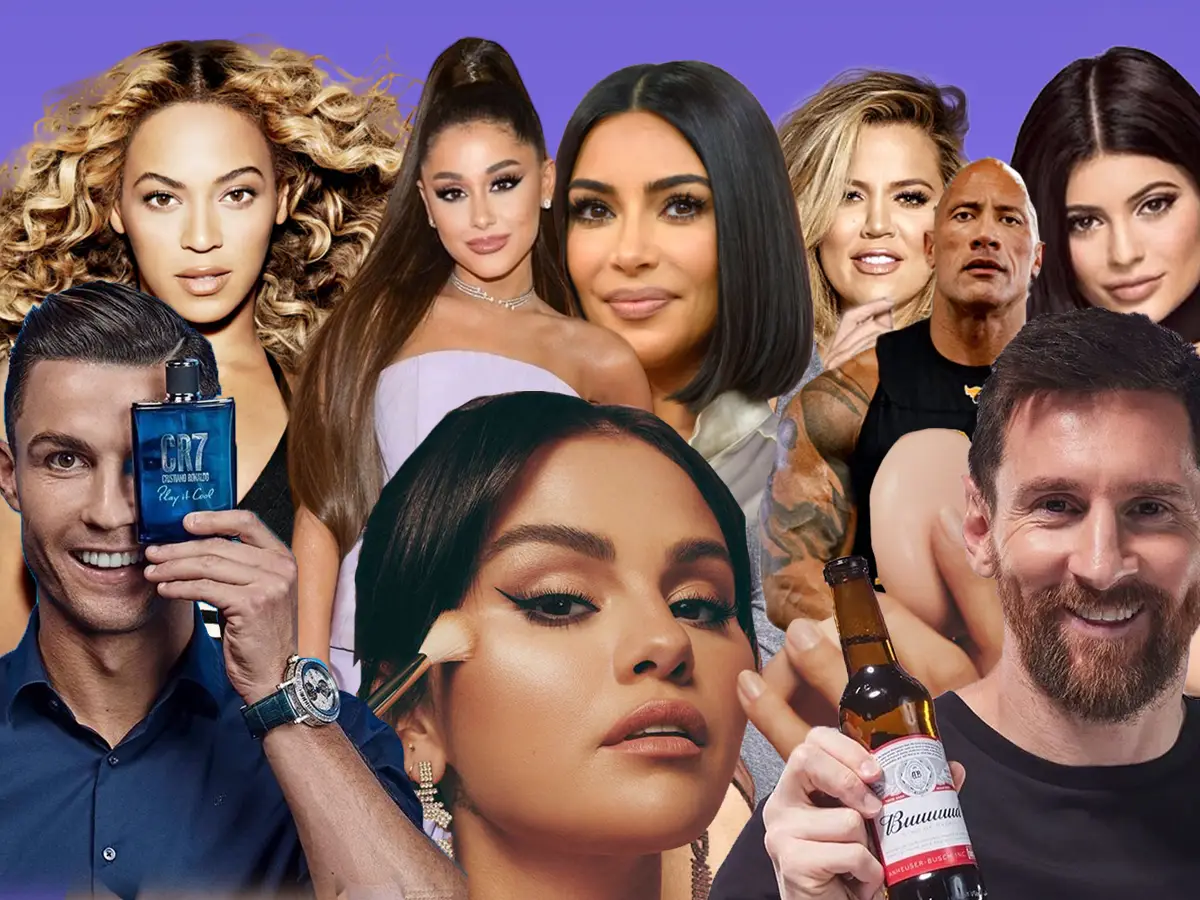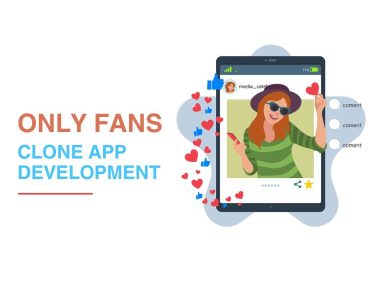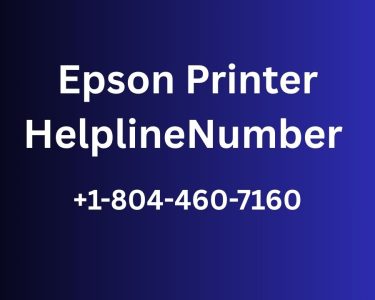The beauty industry has undergone a seismic shift in recent years, largely driven by the rise of social media influencers. These digital trendsetters have not only redefined the ways in which beauty products are marketed and consumed but have also democratized the industry to an unprecedented degree. This article explores the multifaceted impact of social media influencers on the beauty industry, focusing on key trends and implications.
The Rise of Social Media Influencers
Social media influencers are individuals who have amassed substantial followings on platforms such as Instagram, YouTube, TikTok, and Twitter. Their influence stems from their ability to engage with their audience authentically and consistently, often sharing personal stories, tips, and reviews. Unlike traditional celebrities, influencers tend to be more relatable, making their endorsements more impactful for their followers.
Democratization of Beauty
One of the most significant impacts of social media influencers on the beauty industry is the democratization of beauty standards. Historically, beauty standards were dictated by a small group of industry insiders, including fashion designers, magazine editors, and Hollywood stars. Today, influencers from diverse backgrounds, ethnicities, and body types are challenging these conventional norms, promoting a more inclusive definition of beauty.
For example, influencers like Jackie Aina and Nyma Tang have been vocal advocates for greater diversity in beauty products, particularly in the realm of foundation shades for darker skin tones. Their influence has pressured major beauty brands to expand their product lines to be more inclusive, benefiting consumers who were previously underserved.
Authenticity and Trust
One of the reasons social media influencers have such a profound impact on the beauty industry is their perceived authenticity. Unlike traditional advertisements, which can often feel impersonal and overly polished, influencers tend to offer genuine reviews and personal anecdotes about the products they use. This authenticity fosters a sense of trust between the influencer and their audience, making their recommendations highly persuasive.
Brands have recognized this and are increasingly partnering with influencers for product launches and marketing campaigns. This strategy not only boosts the brand’s credibility but also provides them with direct access to a highly engaged and targeted audience.

The Power of User-Generated Content
User-generated content (UGC) is another area where social media influencers have left an indelible mark. Influencers often encourage their followers to share their own experiences with beauty products, creating a ripple effect that amplifies the brand’s reach. UGC serves as social proof, reinforcing the credibility of both the influencer and the brand.
For instance, the hashtag #FentyBeauty has generated millions of posts on Instagram, thanks to the brand’s strategic partnerships with influencers. This UGC not only serves as free advertising but also creates a community of loyal customers who feel personally connected to the brand.
The Shift Towards Indie Brands
Social media influencers have also played a crucial role in the rise of indie beauty brands. Unlike traditional beauty conglomerates, indie brands often rely on influencer marketing as their primary promotional strategy. Influencers provide these smaller brands with a platform to reach a broader audience without the need for exorbitant advertising budgets.
Brands like Glossier and ColourPop have leveraged influencer partnerships to build their reputations and expand their customer bases rapidly. These collaborations often involve influencers in the product development process, ensuring that the final products resonate with their target audience.
The Downside: Ethical Concerns and Transparency
While the impact of social media influencers on the beauty industry has been largely positive, it is not without its drawbacks. One of the primary concerns is the issue of transparency. With the rise of sponsored content, it can sometimes be difficult for followers to distinguish between genuine recommendations and paid promotions. This lack of transparency can erode trust and lead to skepticism among consumers.
The Federal Trade Commission (FTC) in the United States has implemented guidelines requiring influencers to disclose any sponsored content clearly. However, enforcement remains a challenge, and not all influencers comply with these regulations.
The Future: Virtual Influencers and AI
As technology continues to evolve, the future of influencer marketing in the beauty industry could see the rise of virtual influencers and artificial intelligence (AI). Virtual influencers are computer-generated characters that can engage with audiences just like human influencers. Brands like Dior and Balmain have already experimented with virtual influencers for their campaigns.
AI can also play a role in personalizing beauty recommendations. Algorithms can analyze user data to provide customized product suggestions, enhancing the consumer experience. While these advancements offer exciting possibilities, they also raise questions about authenticity and the human touch that has made influencer marketing so effective.
Conclusion
Social media influencers have undeniably transformed the beauty industry, making it more inclusive, authentic, and consumer-driven. Their ability to engage with audiences on a personal level has made them invaluable partners for beauty brands looking to expand their reach and credibility. However, as the industry continues to evolve, it will be crucial to address ethical concerns and maintain the authenticity that has been the cornerstone of influencer marketing.
In summary, the impact of social media influencers on the beauty industry is profound and multifaceted. From democratizing beauty standards to driving the success of indie brands, influencers have reshaped the landscape in ways that benefit both consumers and companies. As we look to the future, the challenge will be to navigate the ethical complexities and technological advancements that lie ahead, ensuring that the industry continues to thrive in a manner that is both innovative and responsible.




